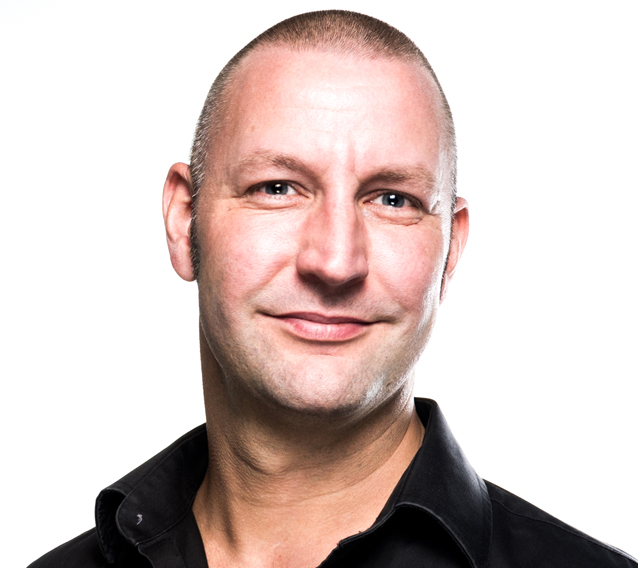What is DSruptive?
A deep-tech design agency specialising in implantable microelectronics.
With offices in Sweden and Spain, the company and the founders have significant experience in the human implant industry, with particular expertise in technology, business, service design and medical aspects of subdermal implants.
Our mission is to enable safe, cheap and easy integration of smart technology and the human body.
Tell us about the company’s journey
The founders of DSruptive connected over a joint interest in chip implants in 2015 and have been pursuing projects in the space ever since. Inspired by the simplicity and versatility of the tech, but increasingly frustrated by the lack of health applications, they decided to incorporate a startup in early 2019.
Since then the company has achieved several key milestones, including the launch of two new products, a seed capital raise of €400,000 and the organisation of the first-ever clinical study of temperature-logging chip implants.
How do smart implants work?
DSruptive’s implants are tiny, sensor-equipped glass capsules that are injected under the skin of the user. The procedure is quick and fairly painless.
The implants are passive devices, in that they don’t have batteries. Instead, they’re activated via the NFC antenna of a smartphone. This means they can’t emit or receive information unless they’re activated with a specific phone that’s paired with the implant. This gives them a very long lifetime – DSruptive’s implants are made to last for decades.
They’re easy to remove, should a user wish to do so, since they sit just under the skin.
How can smart implants be used in health and fitness?
There are many potential uses of implants for health and fitness. In general, they measure body temperature, pulse or blood oxygenation in the same way as wearables, for example.
The key differences are that since an implant doesn’t have a battery it requires an action from the user to swipe it and do a reading. On the other hand, implants can’t be lost, stolen or broken, they don’t need to be charged, and they’re always there when you need them, no matter what the context – be it ultramarathon running, cross country skiing or hiking far away from civilisation.
The only product DSruptive currently has on the market is the temperature sensor implant. Additional devices are currently being developed and we expect to release more sophisticated solutions going forward.
In the UK, we’re collaborating with Impli Ltd, which is focused on female fertility applications.
Are you undertaking research on further health and fitness applications?
Yes, we’re R&D driven and the majority of our team works with tech and products. At the same time, we’re a small company with limited resources, and can only pursue a few of the many opportunities we see. So we’re constantly looking for opportunities to collaborate with researchers who are interested in implants.
Earlier this year, we organised a clinical study in cooperation with researchers at Karolinska Institutet in Stockholm. This demonstrated the viability of measuring body temperature with subdermal chip implants and found that implantation of the devices is safe and induces little discomfort for the users.
What potential do you see for the use of implants in future?
Areas in which implants can provide value to users include fertility tracking, remote monitoring, and early diagnosis and prevention of disease and illness. In addition, it’s easy to imagine that implants can be used at a population scale by health care administrators to detect, monitor and contain pandemic outbreaks that may occur.
In the longer term, we think of implants as a new organ for humans – an inner digital eye. We expect that they will become personalised healthcare devices and improve circumstances for humankind in many different ways.
How do you manage ethics?
We’re aware that implants may be controversial to some people. This is why we must have high ethical standards in everything we do. We take the utmost care that our technology is always applied with the best interests of the end-users in mind – their health, wellbeing and data protection are uncompromisable.
We only take on projects and partners that adhere to our values of health, safety, respect for human rights and operational excellence.
At the heart of it, we must make sure our technology is applied in ways that humanise and empower our users, not dehumanise them in any way.
What’s the big picture?
What we do must be seen in the context of the tech-driven transformation our world is undergoing.
In a world of billions of connected devices and enormous data flows, our implants are just a tiny part. We want to give our users a tool that allows them to collect their health data at any time and in any setting.
Personal data logging is transforming healthcare and is the enabler of remote monitoring and fascinating preventative health applications.
































































